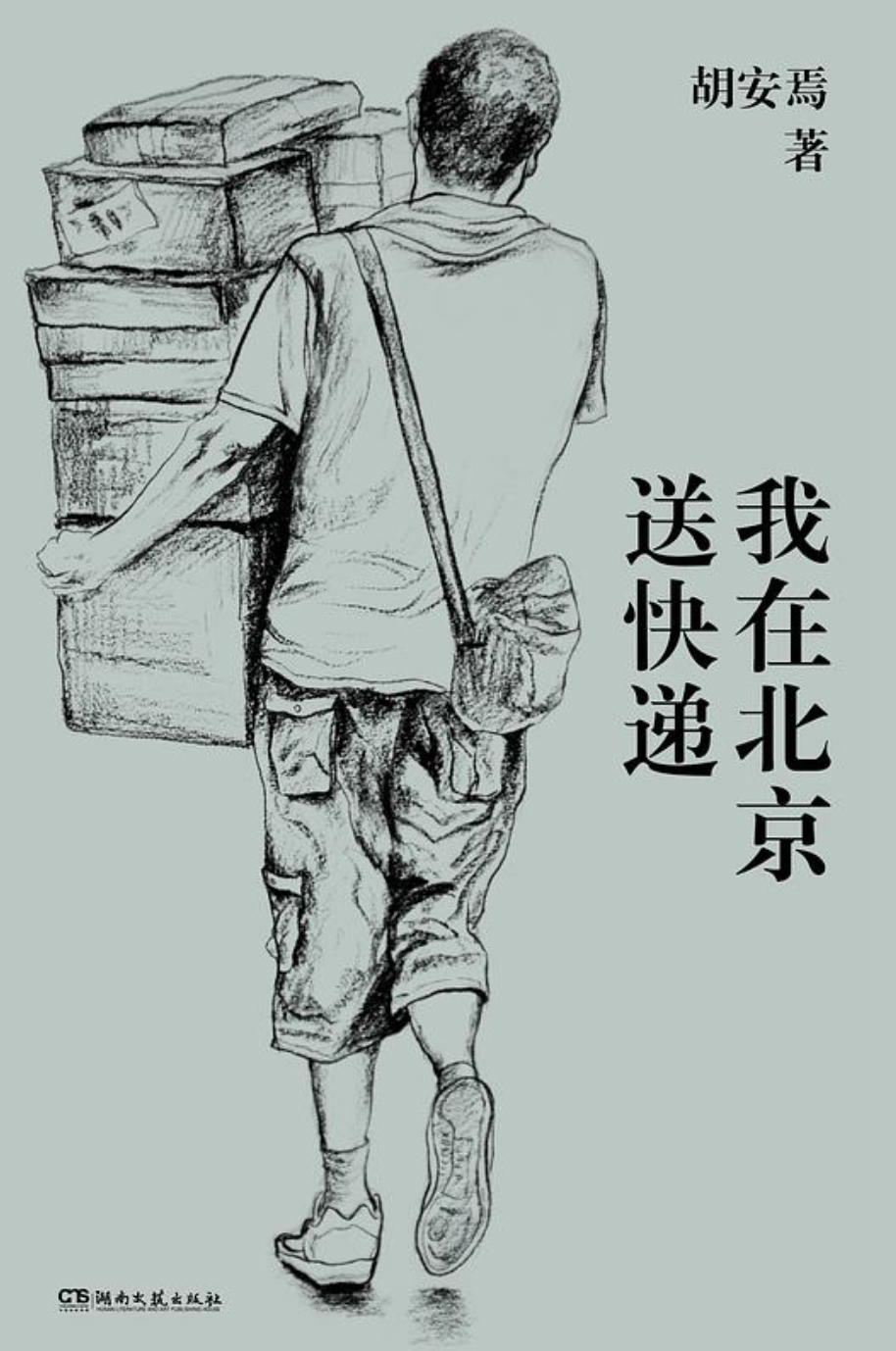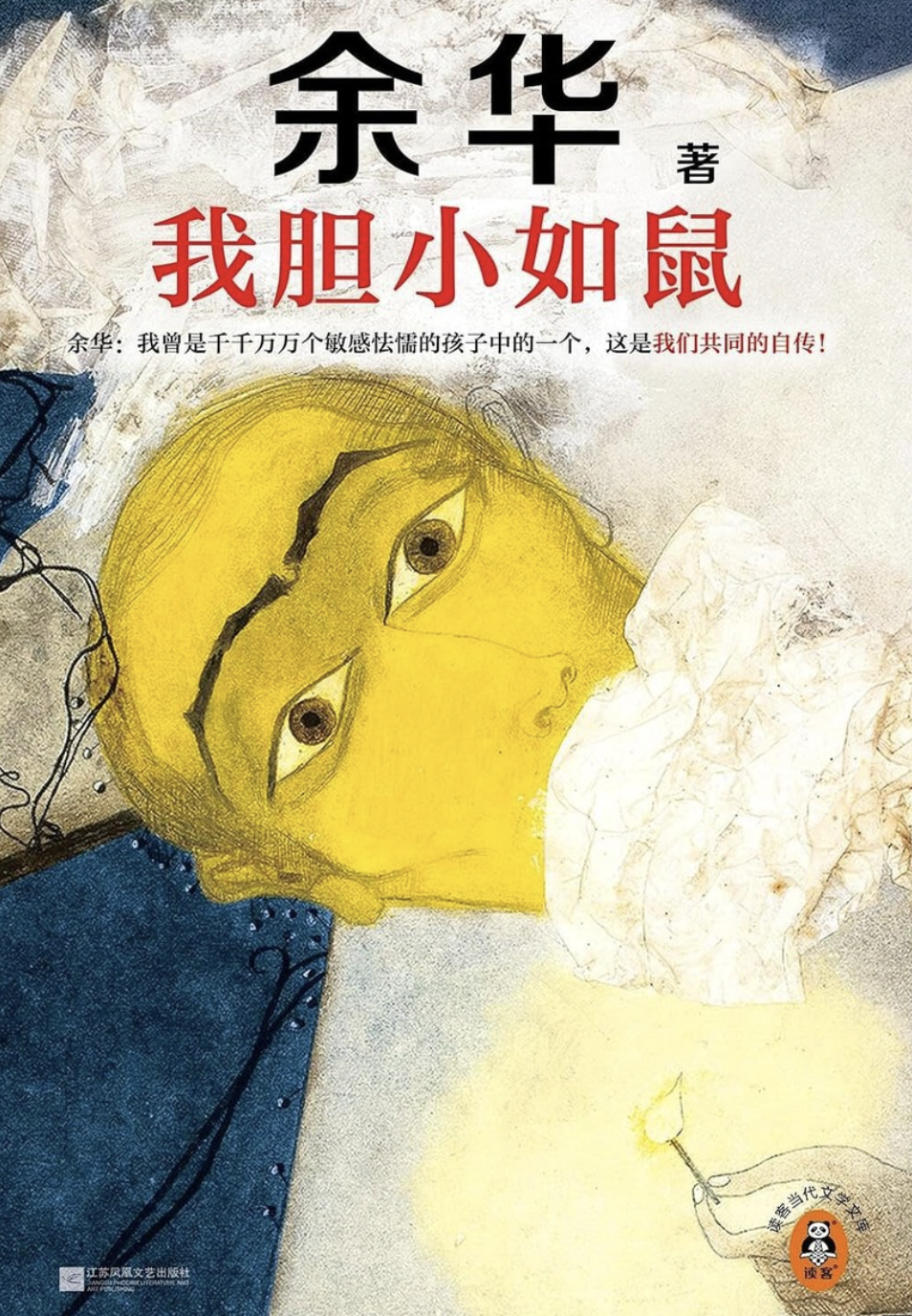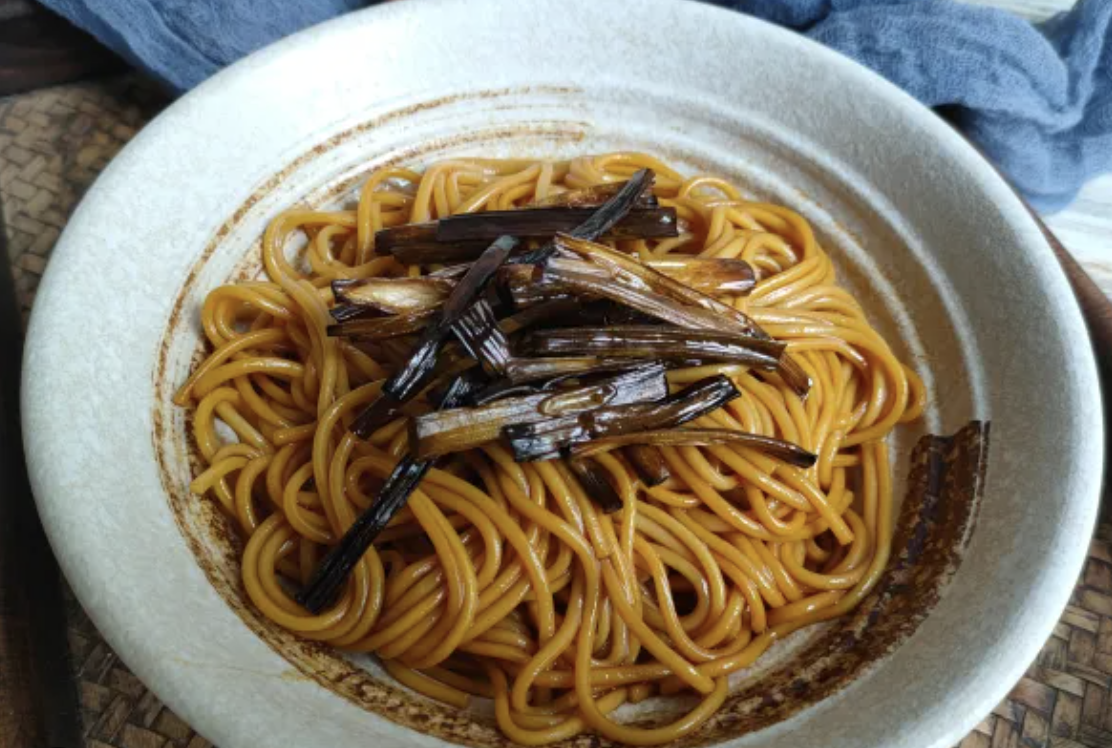
No one should read
Timidity
I read I Deliver Parcels in Beijing and Living at the Bottom. The everyday details he writes about are far from my own life, yet the blunt, documentary prose felt like scraping poison from bone. I then watched an interview where the author called himself essentially timid. That seems at odds with someone who lays bare his life and inner world. I imagine he is delicate, self-absorbed, and expects nothing from the outside world—in that sense, free.

Consider the verbs “leave” and “walk away.” The latter carries no expectation. “I left” implies someone expected you to be there, and perhaps someone expects your arrival. This timidity is a kind of separation from the world. While Hu Anyan asks nothing of the world, he records his days—shouting into darkness, where there is only voice and no echo.
The opposite of this timidity isn’t bravery so much as a certain “proprietor” mindset—as if the world were an amusement park and everyone’s existence could be assigned meaning at will.

At a traffic light, I was first in line and saw a couple at the intersection kissing. The woman wore jeans with her phone in the left back pocket. When the light turned green, the cars had a few seconds’ delay compared to pedestrians. The man took the woman’s left hand and held it to his chest. Midway across, the woman reached her right hand back to check that her phone was still there—just a few seconds, then they walked on. No one noticed, except me, bored at the light. Perhaps feelings, too, should pass unnoticed—uncontrived, physiological.
In childhood summers I’d receive a box of chocolates, each the size of a thumb. I would bite off tiny pieces, letting each fragment melt slowly on my tongue to stretch out the joy. After one or two pieces I’d slip another into my pocket and go outside to play. No one at home was going to steal my chocolate, but keeping it in my pocket made it feel close at hand. On hot days I’d forget it was there. Back home I’d find a sticky mess. I’d toss the shorts into the laundry without regret, because that chocolate in my pocket had been left behind in those afternoons.

The Lamb’s (Gao Yang is his actual Chinese name) Father
Late at night my phone pushes an assortment of content. The AI, guessing my schedule, puts mood-lifting items first. I suspect the model mercilessly pegs me as a literary youth, feeding me screenfuls of Yu Hua. On timidity, there’s a passage in I, Timid as a Mouse about the lamb’s father. He’s a timid truck driver who, on night runs, likes to roll down the window and shout, “Are you looking for death?” Once, with his son in the cab, they came upon a tractor; the men on it were dark-skinned. The father, emboldened, yelled out the window, “Are you looking for death?” and floored it—knowing a tractor could never catch a truck.
This seems to say something about courage: when your actions face an outcome you already know, what you display isn’t courage. Nor is it exactly timidity. It’s like drinking a cold cola in summer—the tingle in your mouth flashes and is gone.

Catching a Cat
I grew up in boarding school with excellent facilities and two bad habits: high expectations for breakfast and a constant eye on late-night snacks. The cafeteria had three floors plus a small restaurant, likely for school leaders. One summer a friend and I, pockets full of allowance, ordered runny eggs every day. Breakfast was a reason to get up—scallion oil noodles with an egg. Everyone, I think, remembers how the noodle master made it: noodles in a strainer, scallion oil in the bowl, egg on top. We always walked together. Once, in seventh grade, behind the hot water and bath buildings near the basketball court, we found a stray cat. A few of us decided to catch it with a plastic bag. We formed a circle, drove it into a corner, and bagged it. Only afterward did we argue about which dorm would keep it. We managed two or three days. The hall reeked of cat; we thought we could fool the dorm managers—self-deception. We lay on the floor, peering under the lower bunks where it hid. Then it was gone—I don’t know if the manager let it out or if it escaped. Cats have nine lives; I suppose a jump from the window wouldn’t have killed it.